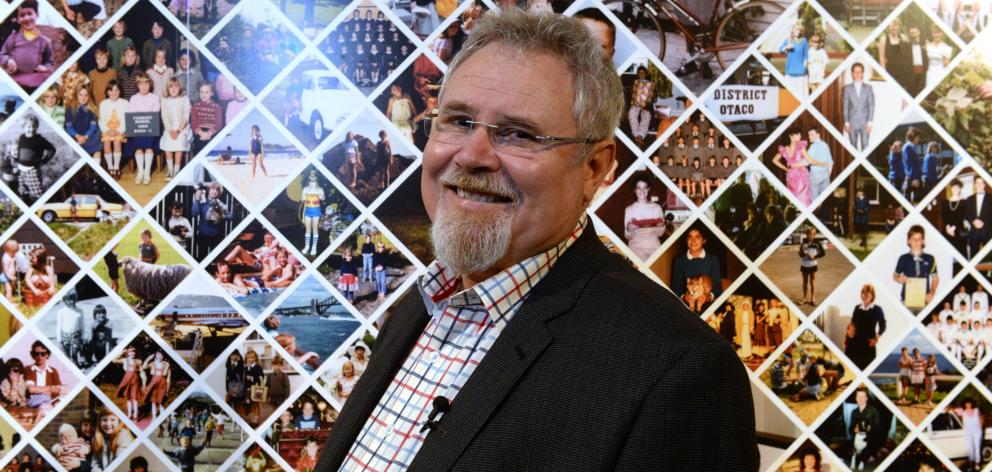
It could be the plot of a dystopian novel about the future, or the basis of generous far-sighted social policy.
The potential for polarised perspectives is why language is crucial when discussing the latest published research from the Dunedin Study, its director, Prof Richie Poulton, says.
The headline-grabbing premise of the research was that future dysfunction could be identified in 3-year-old children. Specifically, the study of 1000 participants indicated 20% of the population were responsible for nearly 80% of societal costs as adults, and childhood tests could detect who was at risk. The research happens to align rather well with the Government’s social investment agenda, which is about tightly targeting funding and initiatives to the most vulnerable.
"Drawing attention to the social investment paradigm is an obvious thing to do given that when I spend time in Wellington that’s all that’s talked about.
"The idea that social investment’s the current paradigm for this Government has not spread to the provinces, but it’s the only game in town in Wellington.
"The fact that we put out data that at any moment in time aligns with a particular government of the day is neither here nor there."
Prof Poulton acknowledges that Prime Minister Bill English will be "happy" with the study, which supports an approach he has personally championed. Prof Poulton is also chief science adviser for the Ministry of Social Development. In that role, too, he is independent.
"We call a spade a spade.
"Something I know that’s going on right now ... will run completely counter to what the Government’s official position is from within a particular ministry.
"I can’t say any more; it’s early days, it’s highly sensitive, and it’s very important.
"I sleep very well at night in terms of that [independence]."
Prof Poulton said he was disappointed by media coverage in December of the study, which had been published in the journal Nature Human Behaviour. The coverage tended to trumpet the potential of the research, but it attracted adverse comment about the implications.
As a commenter on the Otago Daily Times website said: "There is a risk of social determinism in identifying a 3-year-old as potential underclass".
Prof Poulton said: "We’ve identified what I would call a vulnerable group. Not a group that you wish to stigmatise, quite the reverse.
"Vulnerability should elicit a positive and supportive response."
With the study members’ permission, the researchers used the Government’s administrative databases and electronic medical records. Rather than relying on interviews with the study participants about what social services they had used, researchers were able to obtain more accurate information. The researchers had to go through "a lot of approvals" to access the government data, he said.
Asked about child poverty, Prof Poulton said he was "agnostic" in respect of the Government’s approach. However, he disputes a suggestion that too little has been done about the problem.
"That’s one narrative around how the Government’s responding; they of course will say they have responded.
"They’re the first Government in [four decades] to raise social benefits.
"People trivialise the amount of money [$25], but it’s more than anyone else has done.
"I would agree that’s not enough, but they have done things. To say there’s no response to poverty is wrong."
Prof Poulton said study participants who came from poorer socio-economic backgrounds were more likely to exhibit signs of future dysfunction. But he emphasised that anyone, regardless of parental income, could be in the 20%.
